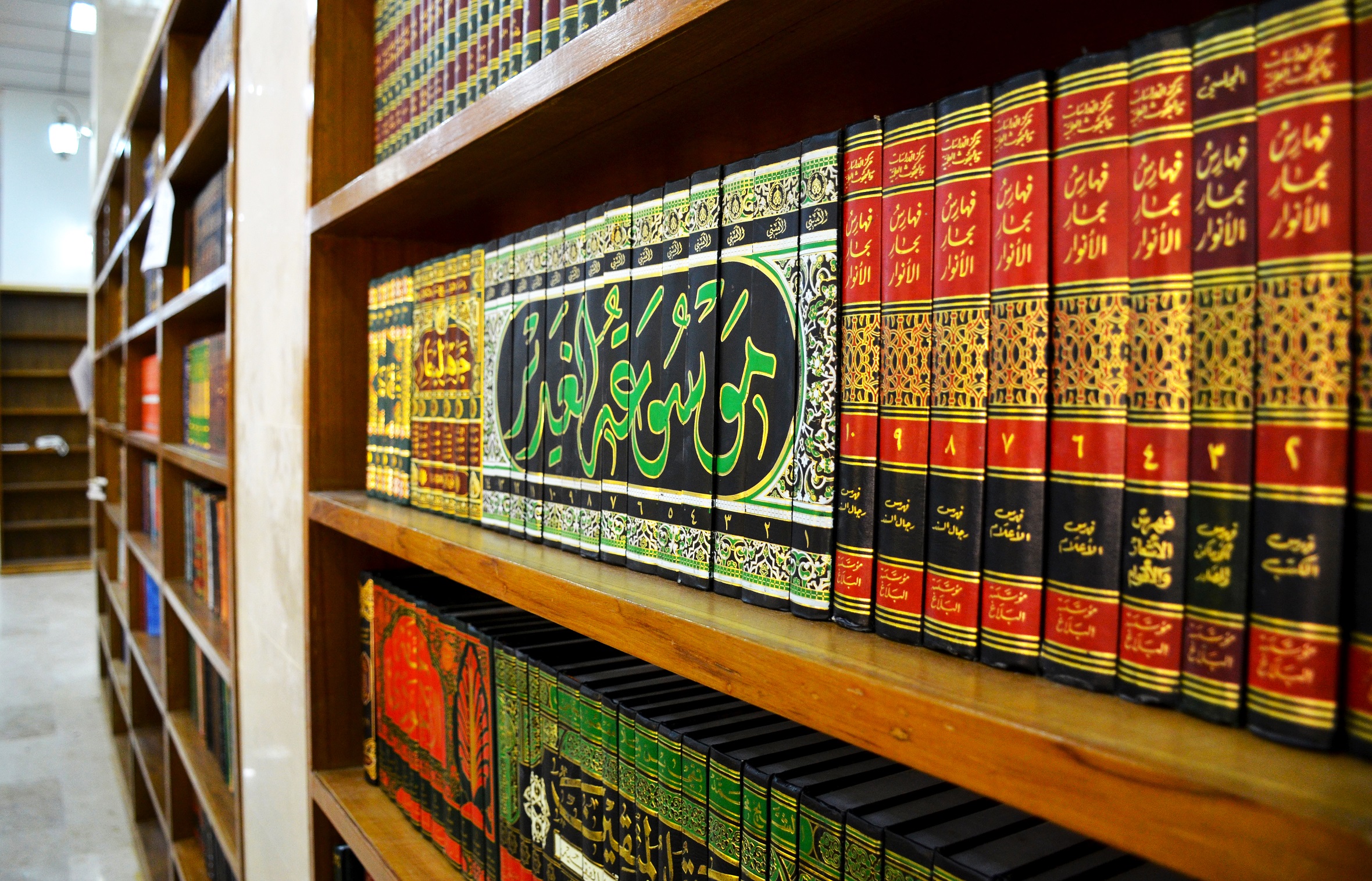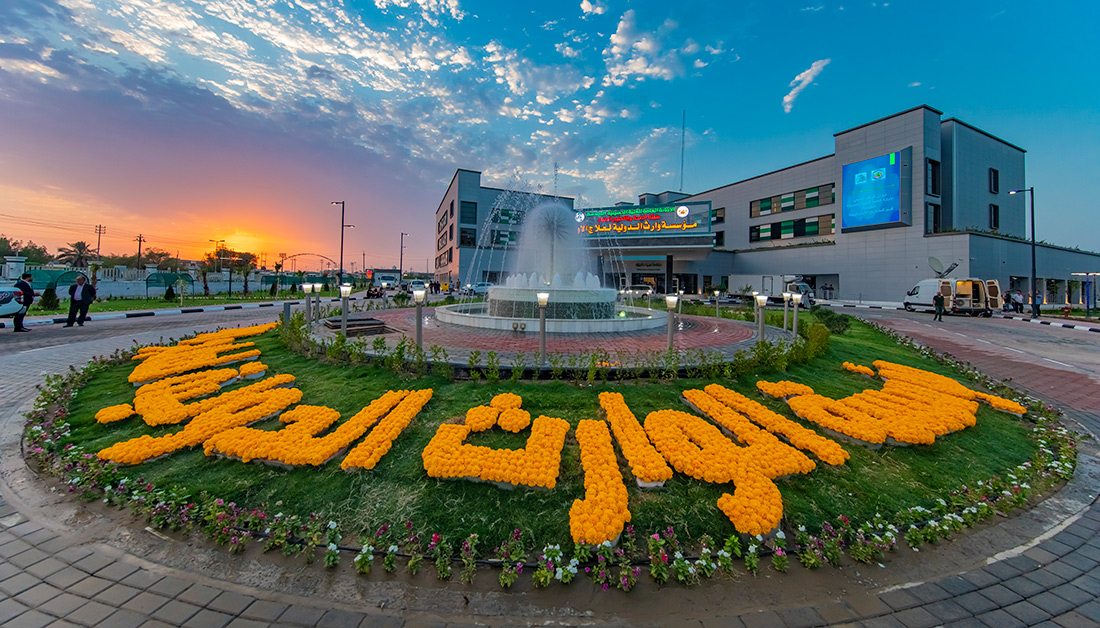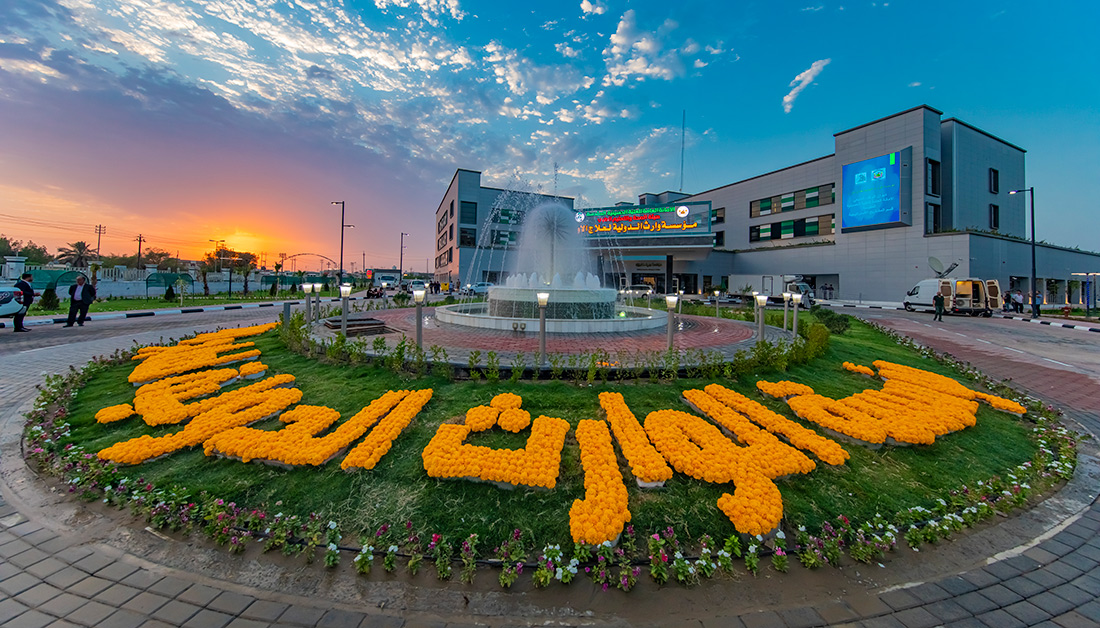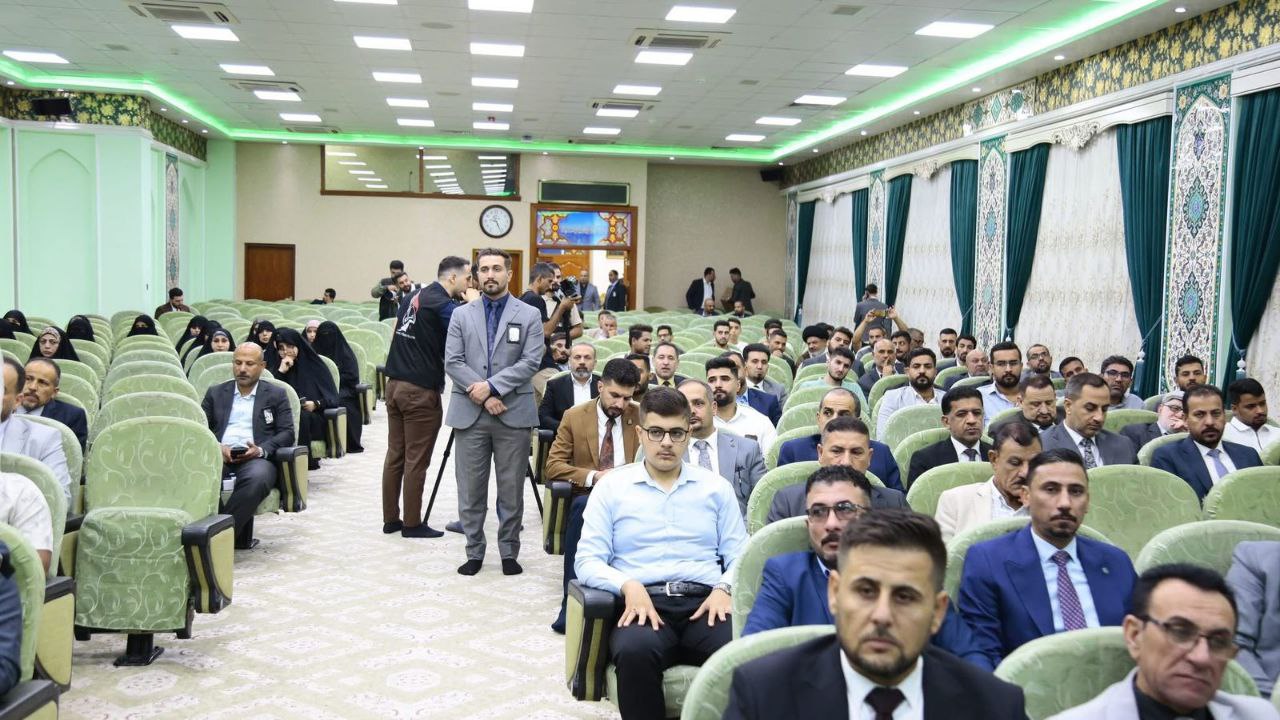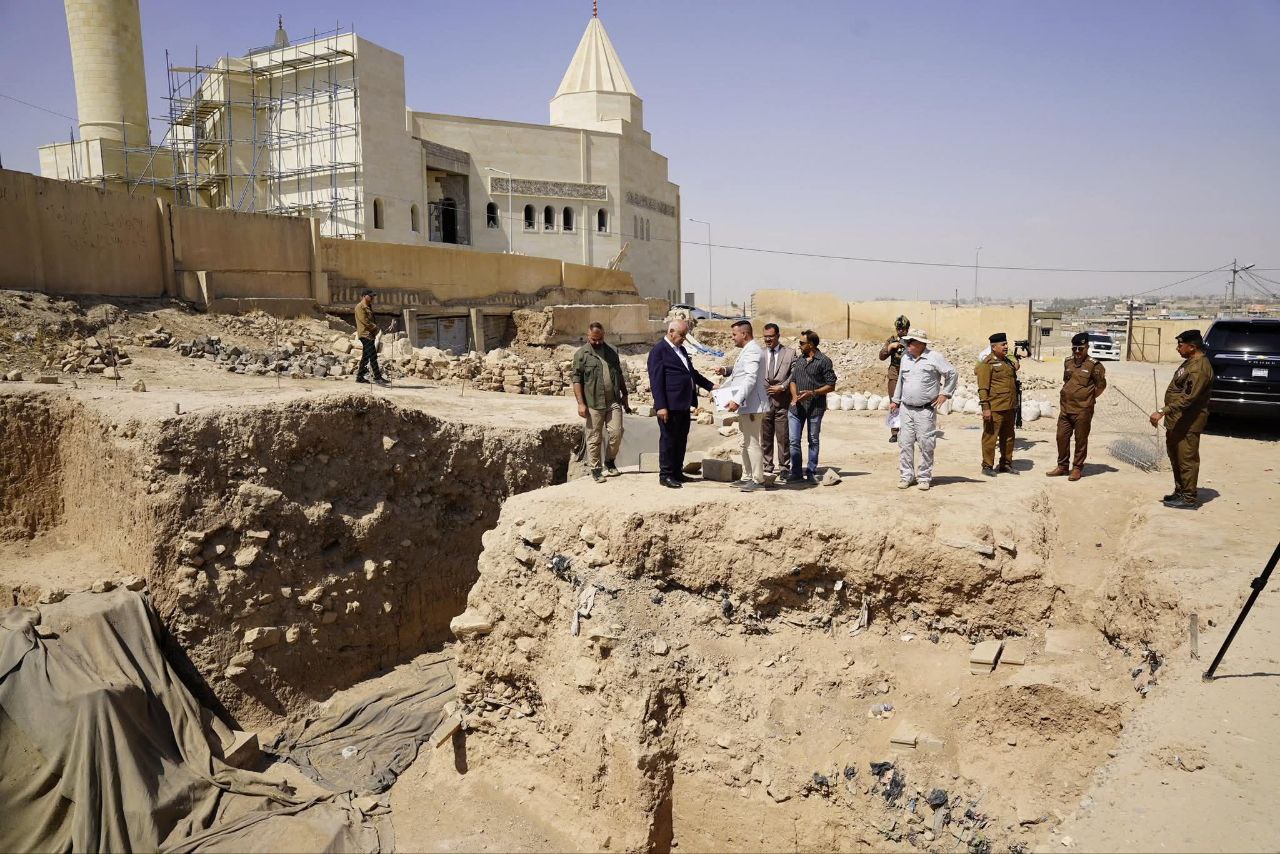Karbala: The City Of Libraries That Preserve Memory And Nurture Knowledge
Despite decades of political and security instability, the libraries of Karbala have remained resilient cultural institutions, continuing to serve researchers, students, and knowledge seekers of all ages. From the historic Al-Markaziya Library to the scholarly collections housed within the holy shrines, the city’s libraries are dedicated to preserving rare books and manuscripts while providing multilingual resources for scientific and academic research.
From a Rented House to a Cultural Hub
The Al-Markaziya Library (Central Library) was founded in 1944 through the efforts of the late Muhammad Hassan Al-Shahid (Abu Zuhair). In its early days, the library operated from a modest rented house near Khadija School, under the administrative supervision of the Directorate of Education, despite the building’s unsuitability.
Today, the library holds more than 15,000 books across various fields, a significant increase from its initial collection of 6,000 books in the 1950s and 1960s. It plays a vital role in supporting the academic community and offering diverse research materials.
Among its important sections is the Children’s Library, which welcomes young students and their families. Anwar Rajab Ali, the Children's Library Manager, notes, “The Children's Library is a key part of a child’s development. It’s often their first encounter with books, helping them acquire reading skills and develop a lasting relationship with knowledge.”
Safeguarding Rare Manuscripts
Nestled in the heart of Karbala’s Old City is the library of the Al-Abbas Holy Shrine, founded in 1963 by Sayyid Abbas Al-Hussaini Al-Kashani. Originally launched with over 5,000 titles, the library suffered significant losses—including theft and destruction—during the 1991 uprisings, forcing it to shut down for many years.
In 2006, the library was reopened thanks to the generous support of the Supreme Religious Authority, His Eminence Sayyed Ali Al-Hussaini Al-Sistani, and transformed into a modern research institution. Today, it houses over 25,000 books, along with a rare collection of manuscripts preserved through a three-phase initiative:
Collection – Gathering scattered, smuggled, or damaged manuscripts.
Preservation – Restoring and protecting them with the help of European archival experts.
Documentation – Indexing, classifying, and making them available to scholars and researchers.
The library also offers a growing selection of foreign-language publications, particularly in English, serving international visitors and graduate students.
Expanding Access to Academic Resources
Established in 1970, the library of the Imam Hussain Holy Shrine underwent major expansion in 2004 under the leadership of Sheikh Abdul-Mahdi Al-Karbalaey. It now contains more than 15,000 academic theses and dissertations, along with thousands of additional sources available through the Karbala Center for Studies and Research.
According to Sheikh Ali Al-Majidi, the head librarian, a photocopying unit facilitates access to rare materials:
“We introduced this service to help researchers obtain hard-to-find texts that may not be available elsewhere.”
The library also publishes a wide range of journals and periodicals in languages including English, French, German, Turkish, Persian, Urdu, and Azerbaijani. Additionally, its religious and cultural publications, such as the Annual Planner, further reinforce its intellectual presence both within Iraq and internationally.
Living Archives of Knowledge
These libraries, despite their differing histories and collections, remain essential pillars preserving Karbala’s scientific and cultural memory, and open their doors to all who seek the light of the word amid the busyness of life.
Ameer Al-Khazrajee
